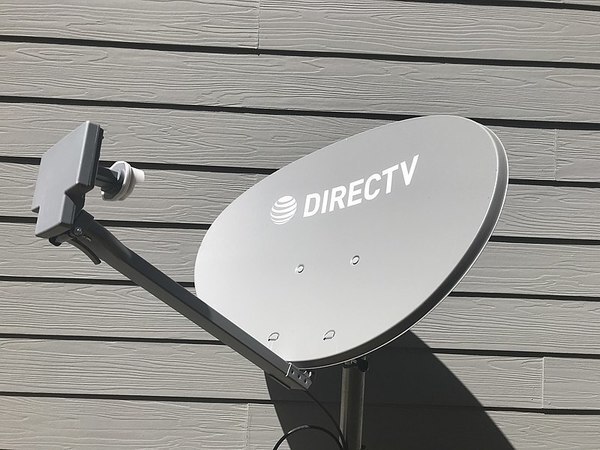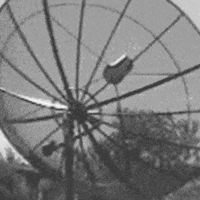
(Wikimedia Commons)
About eight years ago, a businessman named Robert Herring, who owned a single wealth-focused television network, heard that AT&T (the owners of U-Verse and DirecTV, two common pay-TV options) was looking for a conservative news network to balance its lineup, which was heavily skewed towards “liberal” news networks at the time.
He did that, and that investment brought him tens, and later hundreds of millions of dollars of investment.
“They told us they wanted a conservative network,” Herring said, according to court records viewed by Reuters. “They only had one, which was Fox News, and they had seven others on the other [leftwing] side. When they said that, I jumped to it and built one.”
The network Herring created, One America News, also helped to encourage a wave of strongly charged partisan political commentary that have proven a liability for both AT&T and the culture at large in an age of broadly questioned elections and aggressive protests against COVID-19.
Herring was asked to create a channel that delivered conservative-leaning news; he responded by creating a network that specializes in conspiracy theories, that arguably worsened a challenging political environment and (based on your reading of the situation) challenged the tenets of democracy.
This information, when revealed by Reuters last fall, sent shockwaves through WarnerMedia, the media giant that AT&T still nominally owns (although a merger with Discovery is in the works). Here was a media conglomerate, the home of both CNN (still a straight-news network) and a whole boatload of political commentators who might have a problem with this information (beyond CNN’s many hosts, they also have Samantha Bee and John Oliver on the payroll, and Oliver in particular did not like that).
Basically AT&T funded a major source of misinformation, something major parts of WarnerMedia have traditionally taken steps to fight against, for the sake of balancing a perceived political quota. Per the Reuters story, without DirecTV, there is no One America News.
Perhaps it’s for that reason that DirecTV announced late last week that it was going to drop the company’s channels from its lineups.
“We informed Herring Networks that, following a routine internal review, we do not plan to enter into a new contract when our current agreement expires,” the satellite provider told Bloomberg News.
(Already, the revelation is facing some harsh protests from the usual suspects.)
This whole saga, whether or not you agree with the viewpoints of OAN, is fascinating from the perspective of the way media is funded. Because a large company was trying to right a perceived imbalance, they ended up funding something that was significantly more problematic than the original issue. It turned into an inroad for misinformation to find our way into homes. And honestly, it raises the question as to whether pay-TV providers should be so intertwined with the content they create in the first place, at least when it comes to things like political commentary.
This might be a bit of a dangerous topic for me to lean into with MidRange, but I think it’s a major sign of how political discussion is likely to evolve moving forward—in the age of watchdogs like Check My Ads, we are going to see more concern about the source of funding for controversial opinions, and when that source is a big media company that arguably should operate like a “dumb pipe,” as it was in this case, expect there to be blowback.
So yeah, I’ll take the risk.
Time limit given ⏲: 30 minutes
Time left on clock ⏲: alarm goes off (twice in a row! gotta work on that)



